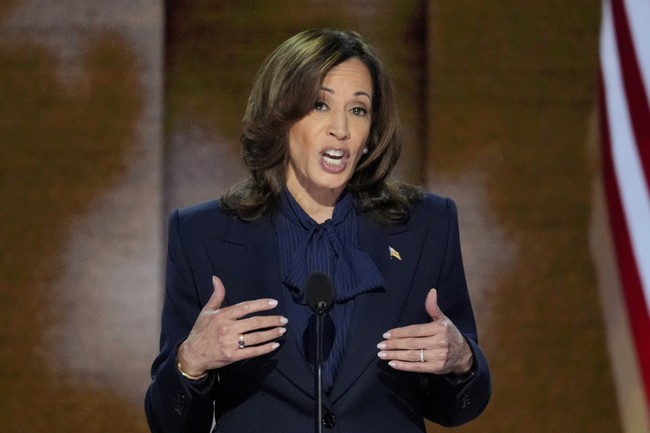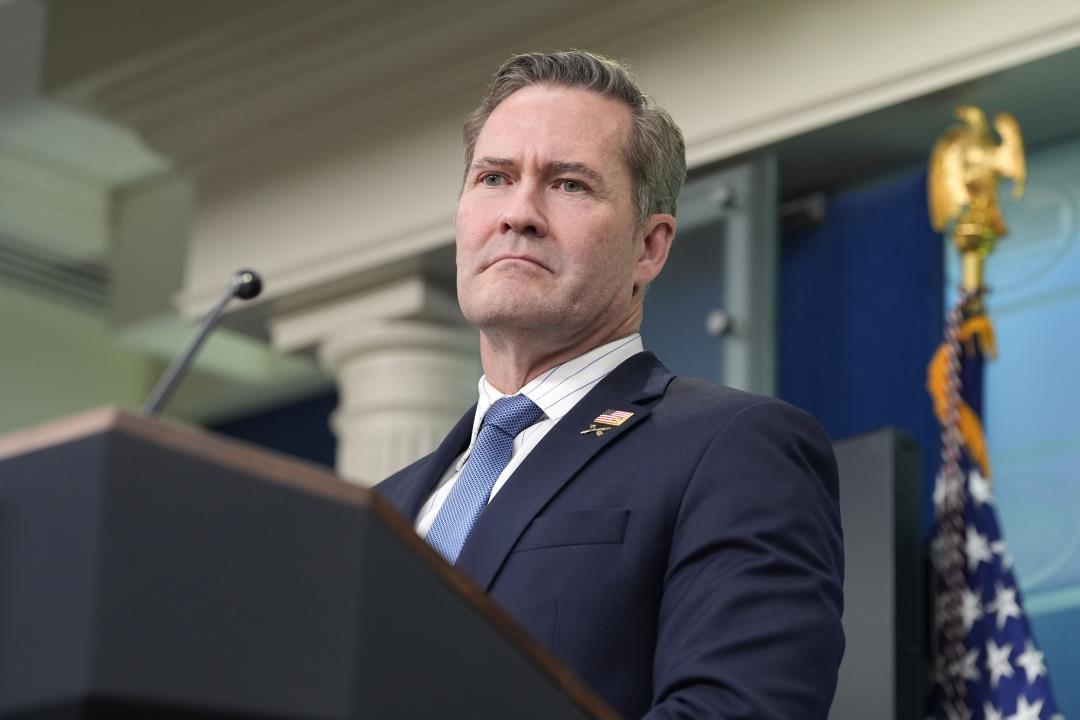Chilean-Venezuelan Tensions Over ICC Investigation
The political and legal skirmish between Chile and Venezuela continues as evidence and allegations unfold, shedding light on Ronald Ojeda's assassination and international diplomatic intricacies.
Published March 29, 2025 - 00:03am

Image recovered from ultimasnoticias.com.ve
The recent developments surrounding the assassination of Venezuelan national Ronald Ojeda have highlighted the complex geopolitical dynamics between Chile and Venezuela, as well as the broader implications for international legal proceedings at the International Criminal Court (ICC). As the Chilean authorities continue to present evidence linking the crime to political motives, the Venezuelan government has vociferously rejected these claims.
On one side, the Chilean government, led by Foreign Minister Alberto van Klaveren and Attorney General Ángel Valencia, is actively collaborating with the ICC, implicating a Venezuelan criminal gang, the Tren de Aragua, for carrying out the assassination on alleged instructions from Venezuelan political figures. The Chilean officials argue that Ojeda's murder is part of a broader investigation into possible human rights violations committed by the Venezuelan state, seeking justice for what they consider a politically charged crime. Acknowledging the gravity of the accusations, Chile aims to support the ongoing ICC inquiry into the state of Venezuela.
In stark contrast, the Venezuelan government has denounced these allegations as unsubstantiated and politically motivated, accusing Chile of engaging in a smear campaign. The Venezuelan administration, through formal communications, emphasized what they perceive as Chile's attempt to turn the ICC proceedings into a media spectacle, diverting attention from its own internal issues, particularly concerning human rights violations against the Mapuche people.
The working relationship between Chilean prosecutors and the ICC has been evolving, with both parties considering the formation of a joint investigative team focused on sharing evidence and insights regarding the case. The intent is to provide a comprehensive understanding that could determine any underlying political motives orchestrated by Venezuelan state actors.
During a visit to The Hague, Chilean representatives underscored the potential political motivations behind Ojeda's abduction and murder. The Chilean authorities have substantiated their claims by identifying various international actors involved, asserting that several participants in the crime have connections to other countries, including Colombia and the United States. However, they conceded that without decisive evidence identifying the intellectual authors, the investigation remains incomplete.
From Venezuela's side, officials have argued that the accusations are an unjust attempt to undermine their sovereignty and unjustly embroil their government in criminal activities without substantial evidence. They have insisted that the ICC should not be misused for advancing external political agendas that lack juridical merit.
In the midst of these tensions, the narrative also touches upon the wider issue of how international tribunals like the ICC handle politically sensitive matters that span multiple jurisdictions. While Chile advocates for transparency and cross-border cooperation to ensure accountability, Venezuela warns against what it perceives as overreach and the potential politicization of international legal mechanisms.
This situation continues to underscore the delicate balance between promoting justice and navigating international diplomatic relations. As discussions progress, the international community remains watchful of how this legal confrontation will evolve, potentially setting precedents on how cases with political undertones are managed by global institutions like the ICC.







